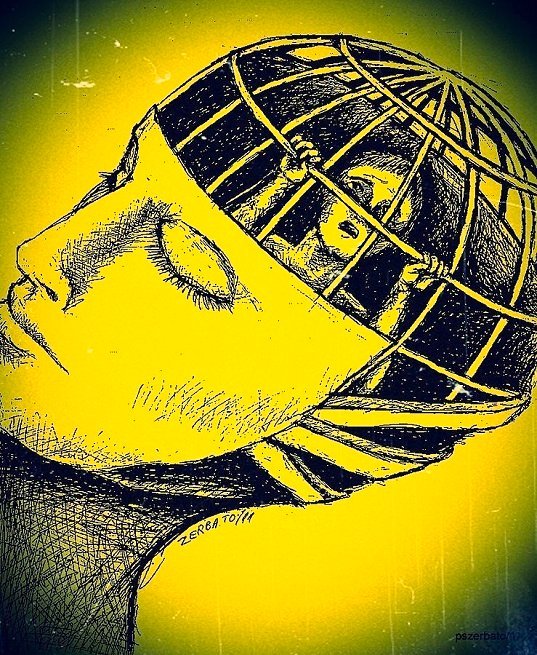Where does the conscience come from? /Part 3/
Part 1, Part 2
Nobility
We know from history that noblemen were considered to be people who have a "long family tree and glorious ancestors." The nobleman boasts "blue blood," with generic stamps and traditions, with public recognition. In a broader sense, however, each person carries something of nobleness in himself, since through education and culture he has inherited values from the great past of mankind. In this sense, everyone has the right to be considered "the heir of the great names of the history of mankind." And this is one of the tasks of education - through the knowledge to enable everyone to feel the heir to the geniuses who have created the sciences and the arts. How far this opportunity and this right are becoming reality depends on everyone's personal efforts to feel part of the "great history of mankind." Today, in the understanding of personal dignity, the emphasis on personal biography is the strongest. We value what you have done in your own life. Personal dignity includes personal choices, stated opportunities and real achievements. Therefore, the person has nobility, which strengthens his human dignity because he embodies in her many values: The value of being homo sapiens; The value of having in the family and the nation the ancestors you respect and pride yourself with; The value, as a well-educated, of being the successor to the ideas created by the geniuses of mankind; The value of creating your future as a unique personality.
Exalted. One can live dignified and noble if he has a higher view of the world. People often complain about many concerns. Sometimes the failures suppress the self-confidence of the person, and he feels unjust, unhappy, "without dignity". But can any thing hurt our dignity? Does not this depend on the way we look at things? "The little souls are being hurt by little things; the lofty ones see everything, and nothing hurts them, "argues the shrewd Rochefoucauld. Therefore, a sublimity of the soul would prevent the little one from hurting our dignity. The eminent person has clear value priorities - he strives calmly and throughout his life to higher values. The elevated view of life is not interested in the everyday life. He knows that they exist, but he does not look at them, as the yellow press does with his taste for sweet smells. As in the streets there are garbage bins, but there is also a beautiful architecture, there are public cloaks in life, but also values (personalities, ideas, art) that allow for a "smart and beautiful life," as the ancients said. It is important to choose carefully where to look, because it depends on where to live. And to live in the more beautiful and intelligent "floors of life," we need to have a higher moral claim to ourselves. This pretense protects us from the sticky world of demons.
Pride, honor, and ambition
Pride. A sense of self-dignity creates pride. Man is proud of the values he owns. In this sense, all the ingredients of dignity can be woven, from the dignity of homo sapiens to the dignity of the personal biography. And since every human virtue is some moral perfection, for virtue to be pride, not a vice, as they thought in the Middle Ages, in it the individual elements of dignity must be wisely balanced. Could the serial killer be proud in the court that he "killed" perfectly his victims? Can such a "technical achievement" have some value, given that there is nothing human left in this individual? What will wipe out the stain he has cast on his family, on his friends and acquaintances, who will be disturbed and will be ashamed of a life of his terrible deeds? Is he also proud of a man whose only dignity is that he is one of mankind, but as an individual he is a poorly charlatan sluggard and has not done anything valuable in his life? Is the pride of the supranationalists justified that exaggerates the historical merits and values in their national history that they chauvinistically do not recognize the values in other cultures and at the same time do not own a personal biography to increase their dignity? That is why pride is most reasonable when one combines as much as possible a wider range of values.

To listen to the audio version of this article click on the play image.

Brought to you by @tts. If you find it useful please consider upvoting this reply.
This is a great thoughtful post!
You are so right, our dignity is what to protect first and then any other things, cos even if you gathered so much in life without dignity people won't even care who you are
Yes, very true :)
Very interesting!
Thanks